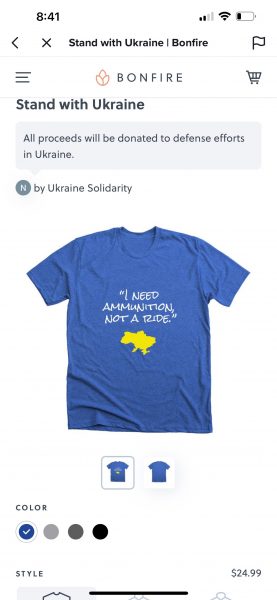Interesting story from Wharton that illustrates a number of ideas from the book.
Airbnb was born in 2007, when two broke designers were trying to make rent on their San Francisco Apartment. When a design conference came to town, and hotels were sold out or charging surge prices, they bought some air mattresses put them on their floor, and rented them to conference attendees.
Obviously, the space on the apartment floor was more valuable to the conference attendees than it was to the two designers [Ch 2].
At the time, there were other home-sharing sites, like VRBO and Homeaway.com. But these were for vacation rentals. Airbnb was uniquely urban. Every time a conference came to town, demand for lodging would spike, and hotels would raise rates [Ch 12, "revenue management"]. Airbnb made money by sending some of this demand to apartment owners and renters.
The still-private company has grown rapidly and reached a valuation of $31B. As a result, the hotel price spikes have gotten smaller, called "compression" in industry jargon, because Airbnb supply is drawn into the market during these increases in demand [Ch 8].


